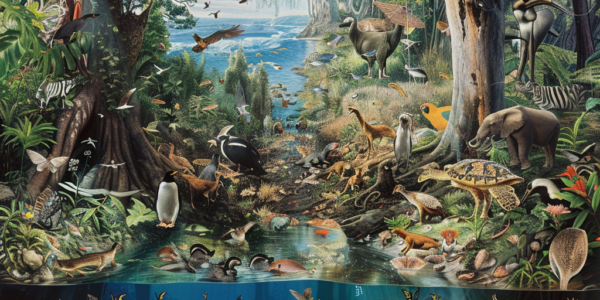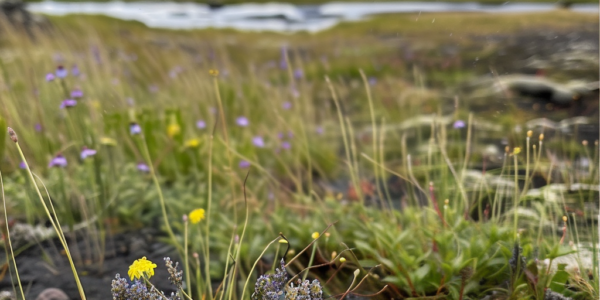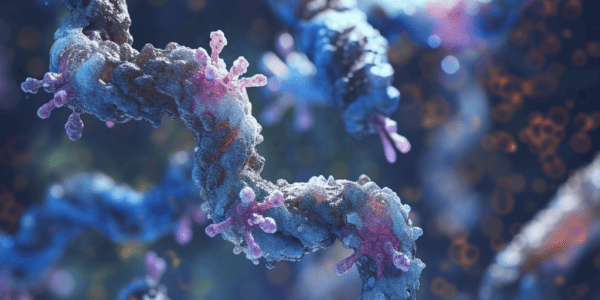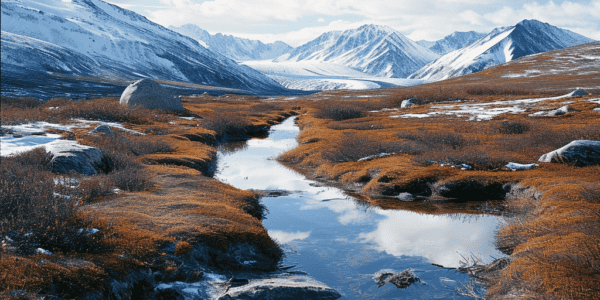Infant Gut Microbiomes Exhibit Circadian Rhythms Independent of External Cues
New research shows that infant gut microbiomes have circadian rhythms, even when cultured outside the body. The study found that age plays a more crucial role in microbiome development than diet, debunking the common belief that diet significantly impacts the composition of the infant microbiome. The study also revealed that GOS-supplemented infant formula was more effective at promoting sustained levels of Bifidobacteria compared to formula containing Bifidobacteria.
Discovery of 18 New Species of Antibiotic-Resistant Bacteria
Researchers have discovered 18 new species of antibiotic-resistant bacteria, shedding light on the origins of antibiotic resistance and potential insights into curbing these infections. The findings aim to enhance understanding of how resistance genes spread to hospital bacteria, posing a threat to human health. The research team collected samples from remote regions worldwide, including penguins in sub-Antarctic waters, duiker and elephants in Uganda, insects, bivalves, sea turtles, and wild turkeys in Brazil and the United States, kestrel and vultures in Mongolia, wallaby, swans, and wombats in Australia, as well as zoo animals and wild birds in Europe.
Study Challenges Understanding of Soil Microbiome Diversity and Carbon Cycle
A recent study from the University of Vienna challenges existing understanding of soil microbiomes’ impact on the global carbon cycle. The research found that warmer soils increase microbiome diversity, affecting carbon release. This suggests that carbon release is not solely due to accelerated microbe growth, but also from previously dormant bacteria. The study’s lead author emphasized the complexity of soil microbiome dynamics in response to temperature changes.
NASA’s Europa Clipper to Search for Extraterrestrial Life on Jupiter’s Moon
NASA is launching the Europa Clipper on a mission to study Jupiter’s moon Europa, one of the most promising places to search for extraterrestrial life in the solar system. The mission will analyze the moon’s vast saltwater ocean and cracked ice surface to determine whether it could support life, marking a significant step in the search for life beyond Earth.
Breakthrough in Understanding Bacterial Genome Regulation through Transcription-Replication Interactions
Researchers have made a significant breakthrough in understanding bacterial genome regulation through transcription-replication interactions. The study, published in Nature, sheds light on the dynamics of gene expression at the genome scale, providing a novel classification of regulatory modes based on…
Study Reveals Impact of Permafrost Thaw on High-Latitude Food Webs and Carbon Fluxes
Alaska is facing the brunt of climate change, with rapid warming leading to the thawing of permafrost in the state’s interior. This thaw not only releases stored carbon into the atmosphere, exacerbating rising temperatures but also triggers decomposition, potentially impacting…






